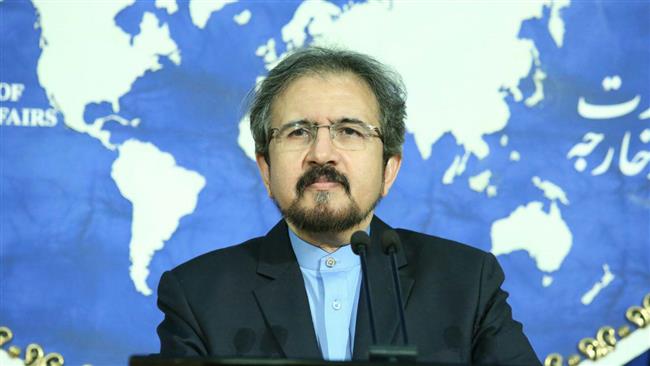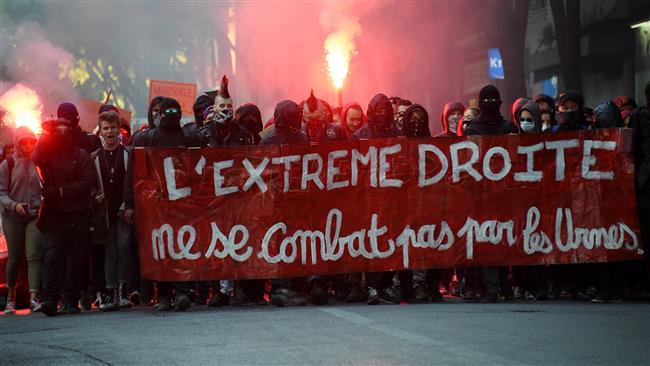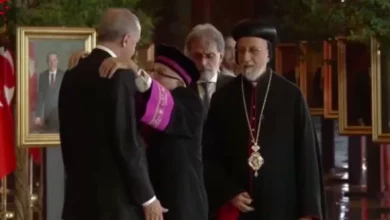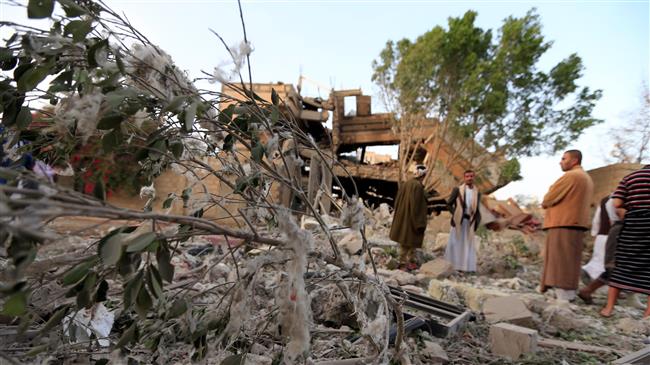Leader praises General Soleimani for his unwavering efforts to invigorate resistance ahead of the anniversary of his martyrdom
Imam Ayatollah Seyyed Ali Khamenei, the Supreme Leader of the Islamic Revolution, has extolled the sacrifices made by Iran’s prominent anti-terror figure, Lieutenant General Qassem Soleimani, describing them as "unparalleled." General Soleimani, who played a crucial role in Iran's regional strategy, was killed in a US drone strike near Baghdad International Airport in Iraq in 2020, alongside several of his associates.
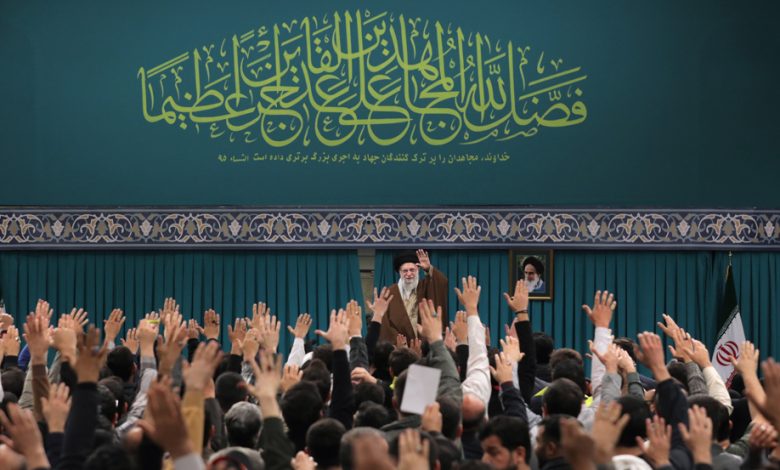
In a statement on Wednesday, the Leader emphasized that the enduring strategy of Martyr Soleimani was to rejuvenate the Resistance Front, highlighting his unwavering efforts to strengthen and invigorate the resistance movement.
Ayatollah Khamenei addressed a gathering of families of martyrs, veterans, and resistance activists in anticipation of the fifth anniversary of General Soleimani’s martyrdom on January 3.
The Leader lauded the unique contributions of the foremost Iranian military commander in combating terrorism, emphasizing that his sacrifices and service should be integral to the nation’s political education.
He stated that safeguarding the holy sites was a fundamental principle for Martyr Soleimani, who consistently referred to Iran as a “sacred shrine.”
The Leader stated that the preservation of these sacred sites is a direct result of the sacrifices made and the valor displayed by Qassem Soleimani during his campaigns across the region’s challenging landscapes, suggesting that without these efforts and lives lost in the struggle, such landmarks might not still stand today.
Ayatollah Khamenei highlighted a key aspect of General Soleimani’s character, noting his ability to approach national issues with a broad, global perspective, rather than adopting a closed or narrow viewpoint.
He asserted that all significant regional and global events influenced domestic challenges. With this understanding, he identified external threats and initiated measures to prevent and address them.
Highlighting recent developments and the defense of sacred sites in Iraq, Syria, and throughout the region as evidence of the continued vitality of the Islamic Revolution, Ayatollah Khamenei assured that the “truth front” is destined to achieve victory.
A spokesperson emphasized that shrine defenders have demonstrated resilience against substantial financial efforts by adversaries, maintaining that the symbol of resistance remains prominently displayed. He asserted that these efforts have not and will not succeed in dismantling the resistance movement across Lebanon, Palestine, Syria, Iraq, and Iran.
Lebanon stands as a beacon of resistance and is poised for triumph, while Yemen similarly embodies the spirit of defiance and is on a path to victory.
Addressing the situation in Syria, the Leader asserted that American military installations in the nation are set to be overrun by the country’s young population.
He emphasized that Syria is the rightful domain of its citizens, asserting that any foreign occupiers will inevitably be compelled to withdraw, bowing to the formidable strength of the courageous Syrian youth.
On January 3, 2020, a U.S. drone strike near Baghdad International Airport resulted in the assassinations of General Qassem Soleimani, the former leader of Iran’s Quds Force, and Abu Mahdi al-Muhandis, the deputy commander of Iraq’s Popular Mobilization Units.
The two military leaders garnered widespread respect from Muslim countries for their role in dismantling the US-backed Daesh terrorist organization in the region, with significant efforts focused on Iraq and Syria.
The recent US-led assassination has sparked widespread international condemnation from government officials and movements globally, igniting significant public demonstrations across the region. In response, Iraqi lawmakers passed legislation just two days following the incident, calling for the removal of all foreign military forces under US leadership from the nation.
On January 8, 2020, the Islamic Revolutionary Guard Corps (IRGC) launched a series of missile strikes against the Ain al-Asad airbase, operated by United States forces in Iraq’s Anbar province. This attack was executed as a reprisal for the killing of General Qasem Soleimani. The Pentagon reported that over 100 U.S. personnel sustained “traumatic brain injuries” as a result of the attack.
The Islamic Revolutionary Guard Corps (IRGC) has accused Washington of using terminology that obscures the actual number of American casualties resulting from the retaliatory strikes. Iran has characterized the missile assault on Ain al-Assad Air Base as a “preliminary response.”
